Exploring is a natural part of kitten behavior. As a first-time cat owner, you’ll discover the stress and anxiety that kittens tend to experience shortly after entering a new home will be quickly replaced by an insatiable curiosity.
As a first-time owner you may not yet be aware of all the items and situations that pose a threat to your new feline friend. With this in mind, we’ve prepared a comprehensive list of potential dangers that could be lurking around the house:
Household items
- Reclining chairs are among cats’ favorite places to nap in, but a kitten can easily get squashed when an unsuspecting family members tries to pull it open.
- Ovens and stoves are particularly dangerous to a cat that has not yet learned about their purpose. Always close the oven and turn off stoves as soon as you are done preparing your food.
- Plastic bags with handles may seem innocent, but cats can get tangled in the loops
- Laundry machines and dryers are another typical spot where cats like to nap, especially while they are still warm right after use. Be sure not to leave these open, as we’ve heard horror stories of cats getting locked inside while these devices are turned on.
- Any type of medication that is not specifically designed for pets is dangerous. Aspirin, dietary supplements, antidepressants, allergy medication and other pills should always remain behind closed doors.
- Rocking chairs may crush your unsuspecting cat’s feet or tail.
Situations to avoid
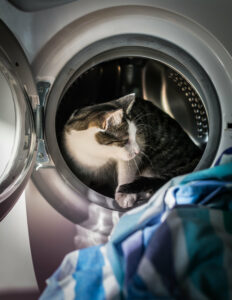
- Many cat collars do not contain a breakaway section. If this type of collar gets snagged on something, your cat could suffocate. Always buy a collar with breakaway design.
- Unstable cat furniture can be very dangerous, especially to fragile kittens that are yet to discover the force of gravity.
- We’ve heard some sad stories of kittens drowning in the toilet when their owners forgot to close the lid. A toilet bowl lid should be closed as soon as you are done, and be sure not to use any sanitizing flush products.
- Furniture with sharp corners should be rounded off to avoid accidents. Either sand the edges blunt, or buy an edge protector for this purpose.
- While this was considered a myth in the past, you actually can crush a kitten in your sleep. Don’t let them sleep right next to you in the first months.
- Vertical flip windows are a potential trap. Cats are known to have sufficated after they got their heads stuck while trying to peek through. Keep vertical windows closed, or install a horizontal flip window instead.
- Do you live in an area where earthquakes happen? If so, do not place heavy items high up, but rather keep them down on the floor (or tie them up securely). Furniture should always be bolted to the floor and walls so that it can’t topple over.
Household plants
Many common household plants found indoors and in gardens are poisonous to felines. Have a look at Chewy’s comprehensive list.
In particular, pay special attention to Lilies as they are known to be extremely toxic to cats. If you own this plant, you would do well to toss them out before your cat arrives. And if you háve to keep them, at least ensure they are not within reach of your feline friend.
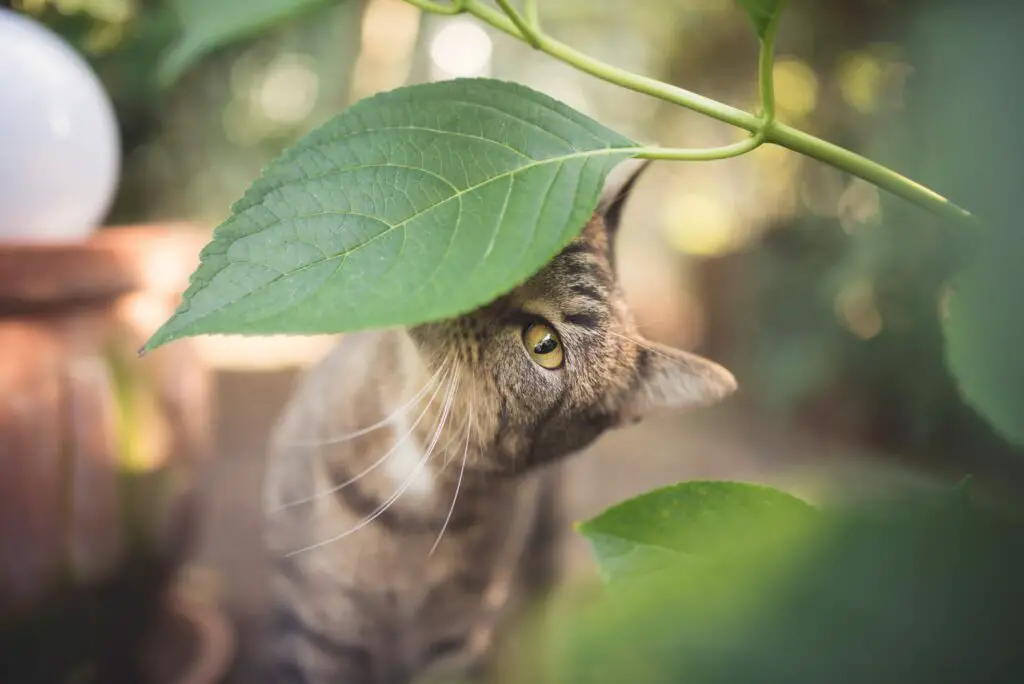
Toxic food
Most human foods can safely be eaten by cats (some examples in our nutrition articles section), but there are a few notable exceptions:
- Cats should never eat chocolate, raisins, grapes and avocado, among others. See this article for a more comprehensive breakdown.
- Uncooked pig meat can contain a certain bacteria that is lethal to cats.
- If you want to feed your cat raw meat, be 100% sure that all bones are completely removed. Bone fragments can be very sharp and may cause permanent damage to the gastrointestinal tract.
Household chemicals
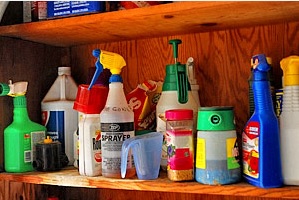
Most of us have an assortment of cleaning products and other chemicals lying around the home for various purposes. These are obviously not to be ingested, but even skin contact and inhalation can have seriously nasty effects. Be very careful with chemicals, and always lock them away in a secure closet that can’t be opened by kids and pets. A few examples:
- Antifreeze contains the compound ethylene glycol, which has a very sweet taste that attracts animals but is extremely lethal deadly when consumed
- Any chemicals used on lawns and gardens, such as fertilizer, weed preventives and plant food. Keep them locked away.
- Insecticides and rodent poisons are some of the most common sources of poisoning
- De-icing salts are paw irritants that can be poisonous if licked off
Choking hazards
While some of these items are extremely appealing to cats, they can lead to blockages or strangulation:
- Stuffed toys may seem innocent but will ocassionally get ripped apart during playtime. The filler material is a known choking hazard.
- Plastics, aluminum foil and cork will tear into little pieces that can get lodged in the throat
- String, yarn, rubber bands, coins and dental floss can be accidentally swallowed

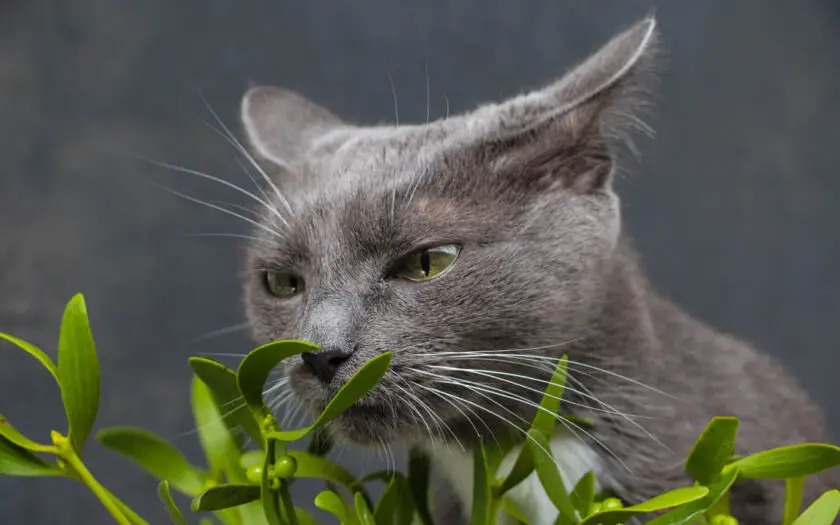
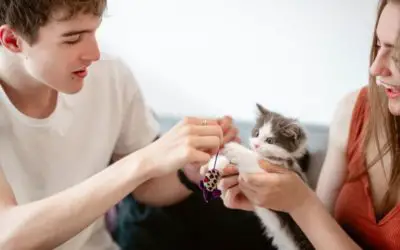

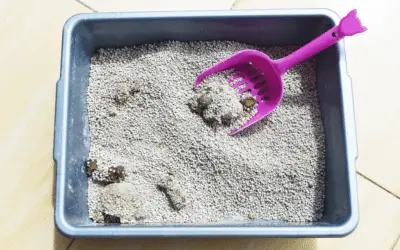

Rocking chairs can be dangerous. A cat’s foot or tail can get crushed easily.
In a place where they have faults and earthquakes, heavy things should be put on the floor and not someplace high where they can fall on the cat’s head, that, or secured and tied up somehow. And furniture can be bolted to the floor.
And the yard has to be safe for cats, too, if the yard is fenced in, and the cats go out.
In which case, the fence has to be cat proof, too.
Thank you for the addition! We will update the article to include your tips